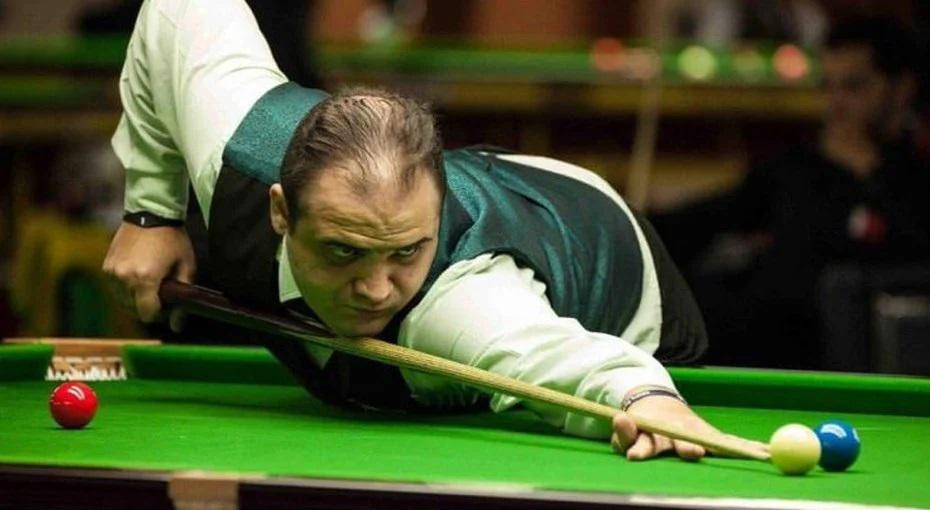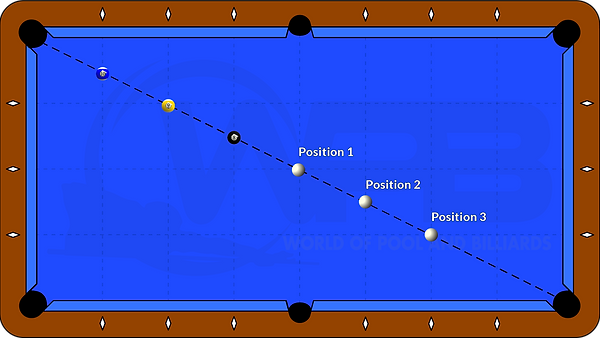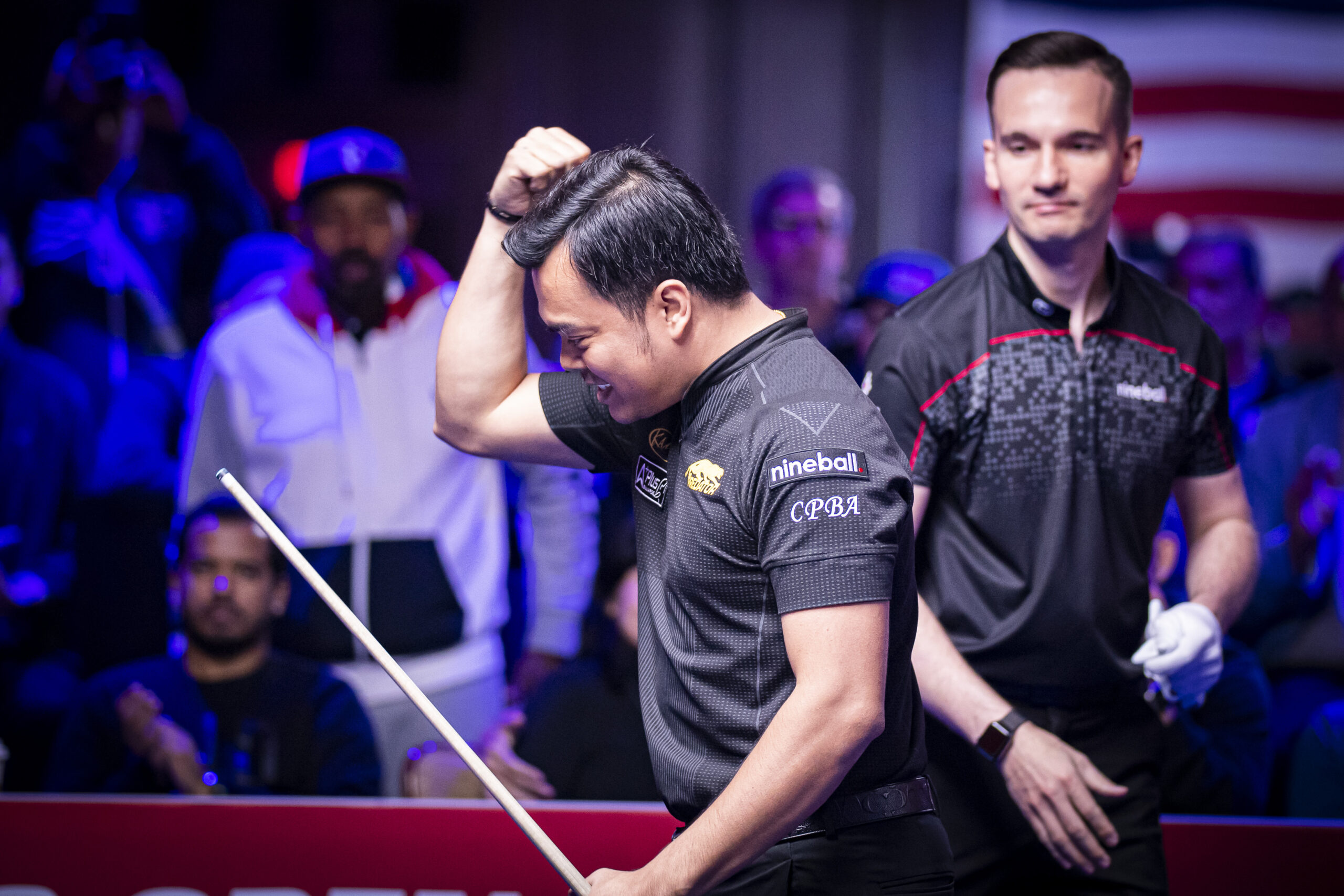
Consider the material when choosing a cue tip. The material is either soft, medium, or hard. It can also have an impact on the cue's feel, making a firmer shot feel better. It can also impact the squirt, and sideways tipflex. When the tip is soft, the endmass and shaft flex are minimized.
Hard
A hard tip is preferred by professional and higher-level gamers. It's easier to maintain than soft tips and lasts for longer. However, it does not absorb the cue ball's energy as well as a soft tip.
Soft
A soft cue tip can prove to be very helpful when a player needs a more flexible cueball. These tips are generally made of leather, and are available in a variety hardness levels. Materials used to make them can range from laminated leather to single-piece materials. Other common materials include bakelite, phenolic, and bakelite.

Medium
Kamui Cue Tips are made from premium pigskin. They have a ten-layer construction. This construction allows for maximum porosity as well as humidity resistance. They have excellent chalk retention which allows for improved tip-grip, and prevents miscuing. These tips can last years and are available in packs of ten.
Phenolic
Your pool cue's phenolic tip can increase your break shot's power by up to 17%. This material is smoother and more responsive to pressure. These properties make phenolic tips an excellent choice for players who want to increase their power.
Leather
The most common tip type is the leather cue. Unlike synthetic ones, which are made of plastic or cork, leather tips offer a high level of control and durability. While leather tips are the best, synthetic ones can be used at home.
Splice
There are several options for how to splice your pool cue tip. Some prefer to hand-splice their tips. This method is more expensive and requires more skill. A hand splice can be purchased if you wish to play with a top-quality cue.

Size
It is a good rule of thumb to ensure that your shaft is the same length as the tip of the cue. This will help you hit the ball evenly and produce less vibration. Also, a smaller tip will produce less squirt as you hit the ball. This will allow you to feel better for your shots.
Materials
Consider the angle of the ball and how it will spin when selecting materials for a tip. A slightly rounded tip is better for imparting spin to the cue ball. A rounded tip will be rounder in shape than a dime. A rounded tip can also be thicker than a penny.